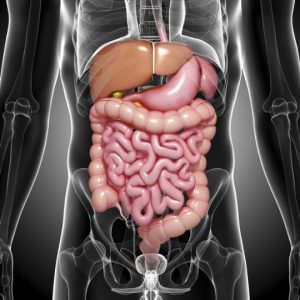- :+91 - 89402 62058, +91 76392 89213
- Agilkarai Street, Tirumayam, Tamil Nadu 622507
Laparoscopic surgery
Laparoscopic surgery, also known as minimally invasive surgery or keyhole surgery, is a surgical technique that uses small incisions and specialized instruments to perform various procedures. It offers several advantages over traditional open surgery, including reduced postoperative pain, shorter recovery times, and smaller scars.
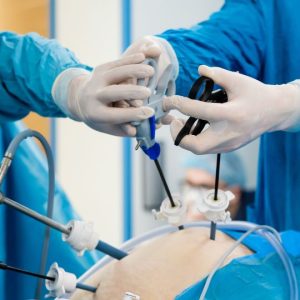
Appendectomy
An appendectomy is a surgical procedure performed to remove the appendix, a small, tube-like organ located in the lower right side of the abdomen. The primary reason for an appendectomy is often the inflammation of the appendix, a condition known as appendicitis
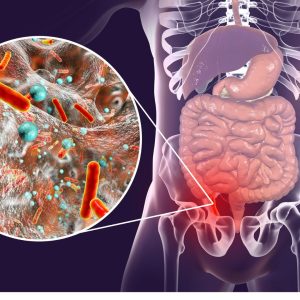
Cholecystectomy
Cholecystectomy is a surgical procedure performed to remove the gallbladder, a small organ located beneath the liver. The gallbladder stores bile, a digestive fluid produced by the liver, and releases it into the small intestine to aid in the digestion of fats.
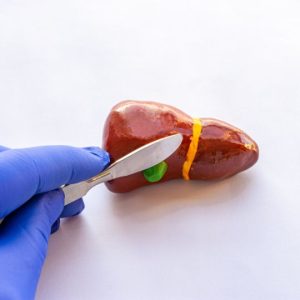
Hernia Repair
Hernia repair is a surgical procedure performed to correct a hernia, which occurs when an organ or tissue protrudes through a weakened area in the abdominal wall or groin. Hernias can cause pain, discomfort, and complications, and surgery is often recommended to reinforce the weakened area and return the displaced tissue to its normal position

Colectomy
Colectomy is a surgical procedure involving the partial or complete removal of the colon, also known as the large intestine. The colon plays a crucial role in the absorption of water and electrolytes, as well as the formation and storage of feces. Colectomy may be performed for various medical conditions, both benign and malignant, that affect the colon.
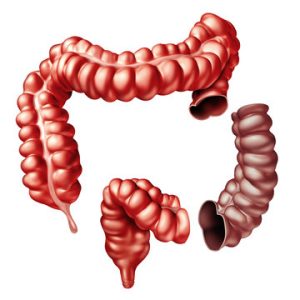
Mastectomy
Mastectomy is a surgical procedure involving the removal of one or both breasts, usually performed as a treatment for breast cancer or as a preventive measure for individuals at high risk of developing breast cancer
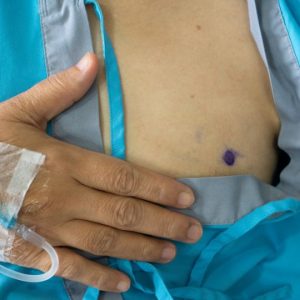
Thyroidectomy
Thyroidectomy is a surgical procedure involving the removal of part or all of the thyroid gland. The thyroid is a butterfly-shaped gland located in the front of the neck and plays a crucial role in producing hormones that regulate metabolism. Thyroidectomy is performed for various reasons, including thyroid cancer, non-cancerous thyroid nodules, hyperthyroidism, or an enlarged thyroid (goiter)

Pancreatectomy
Pancreatectomy is a surgical procedure involving the partial or complete removal of the pancreas, a gland located behind the stomach. The pancreas plays a crucial role in producing digestive enzymes and insulin, which regulates blood sugar. Pancreatectomy is typically performed to treat pancreatic diseases, including pancreatic cancer, chronic pancreatitis, or other pancreatic conditions that do not respond to conservative treatments.
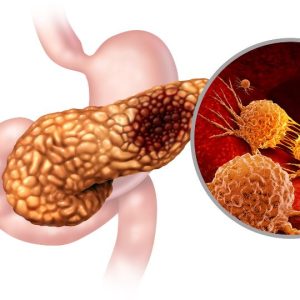
Gastrointestinal Surgery
Gastrointestinal (GI) surgery refers to surgical procedures that involve the organs of the digestive system, which include the esophagus, stomach, small intestine, large intestine (colon), rectum, liver, gallbladder, and pancreas. Gastrointestinal surgery is performed for various reasons, such as treating diseases, removing tumors, addressing obstructions, managing conditions like inflammatory bowel disease, and addressing complications like hernias.
